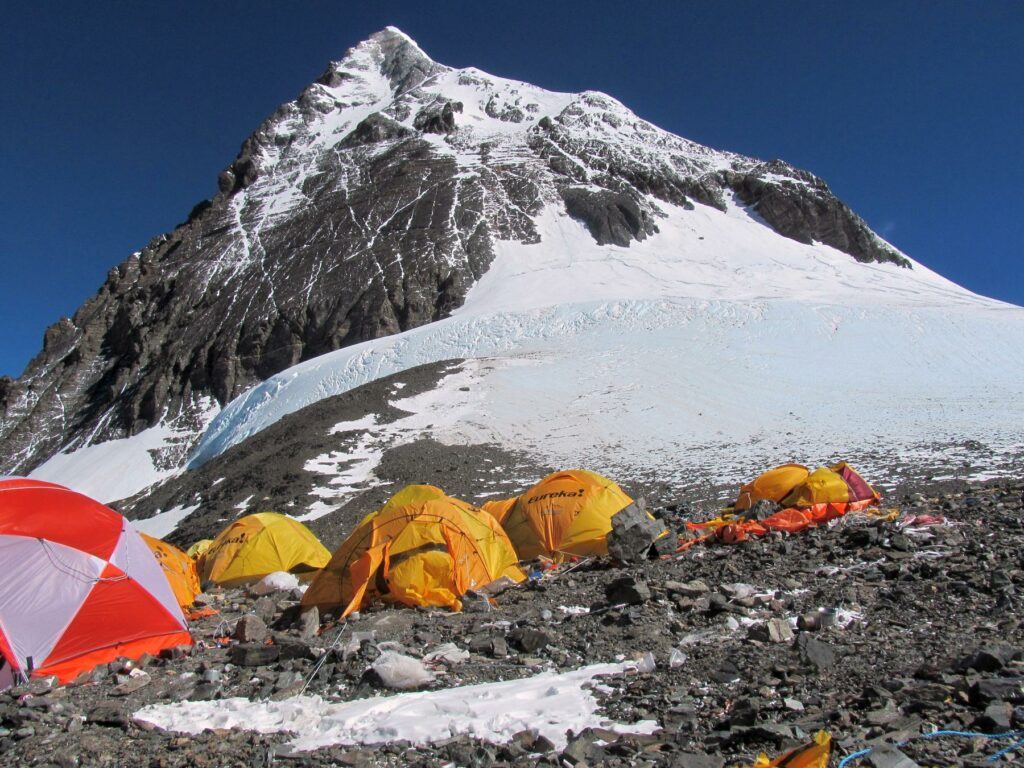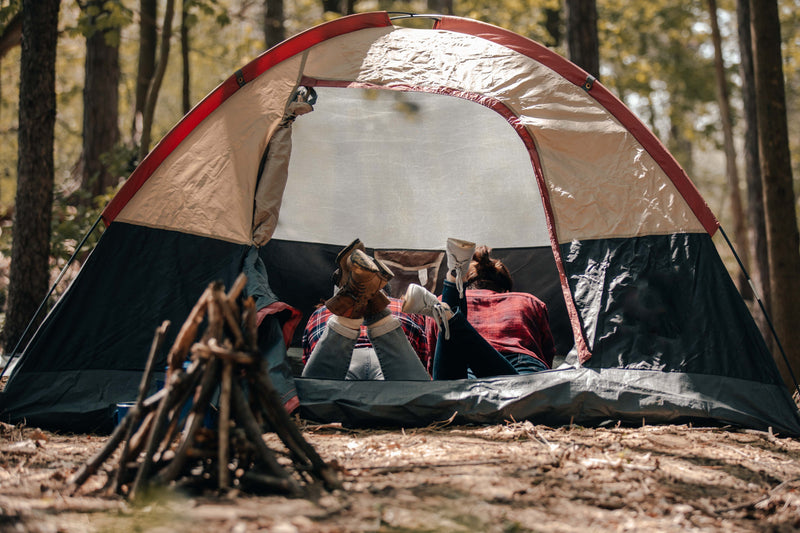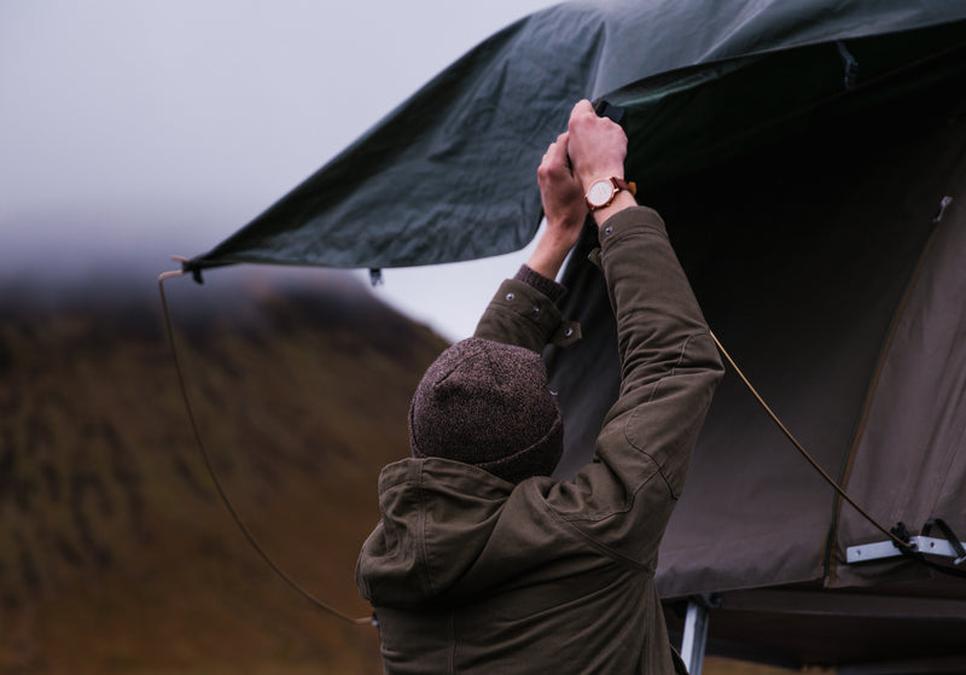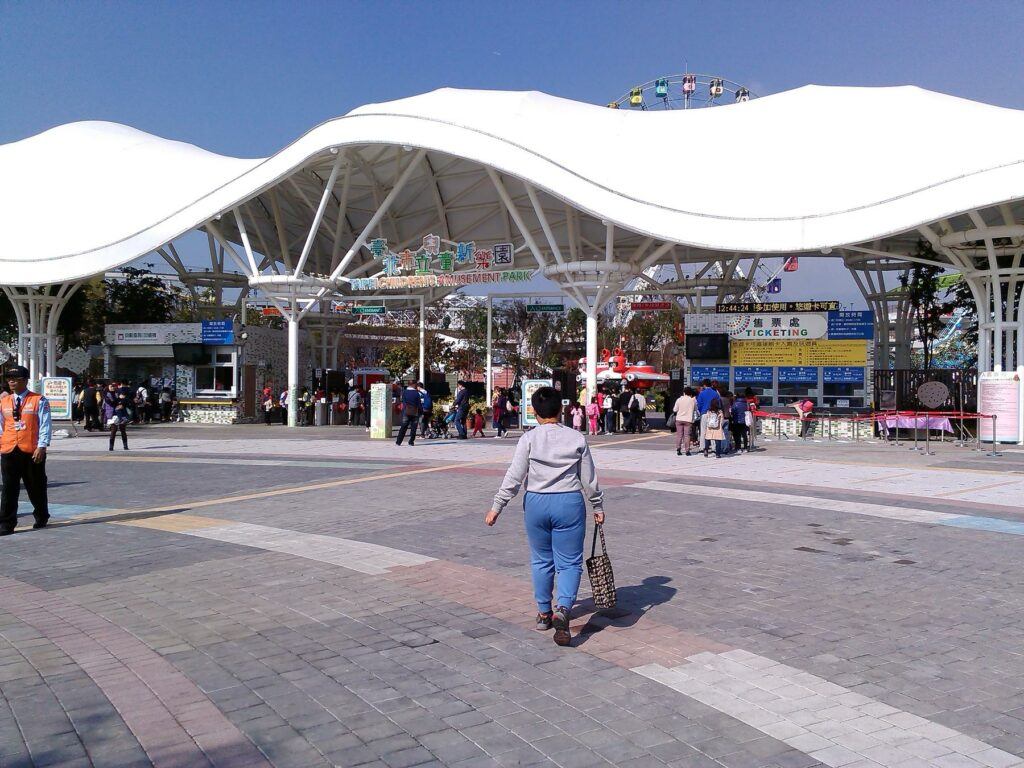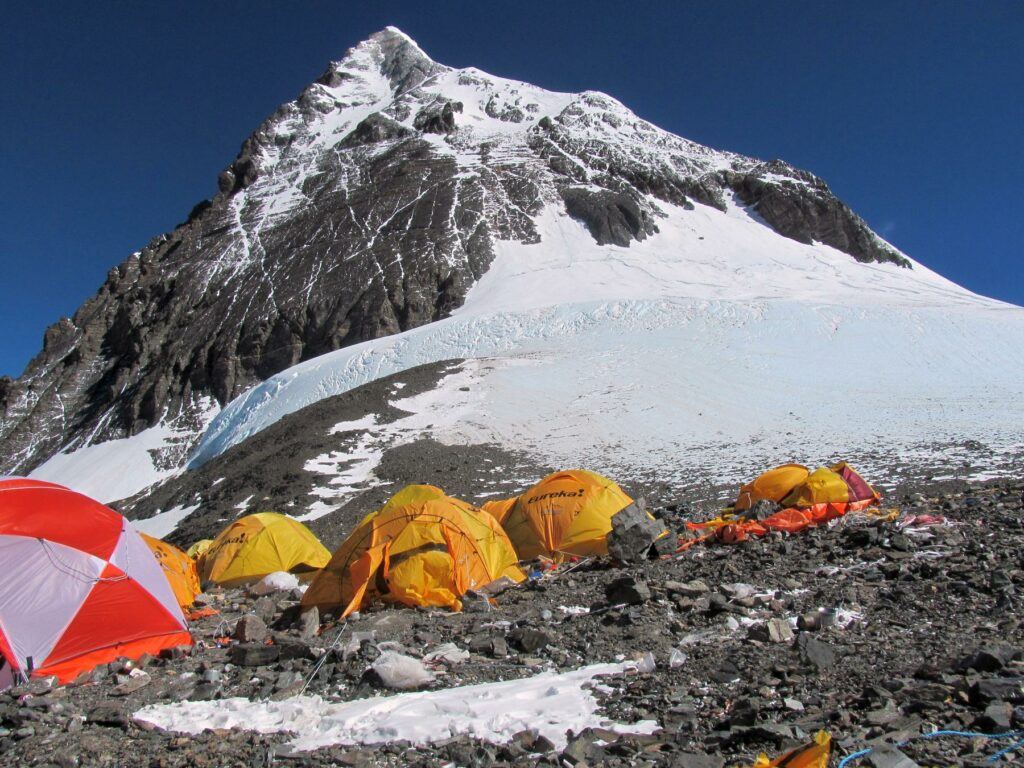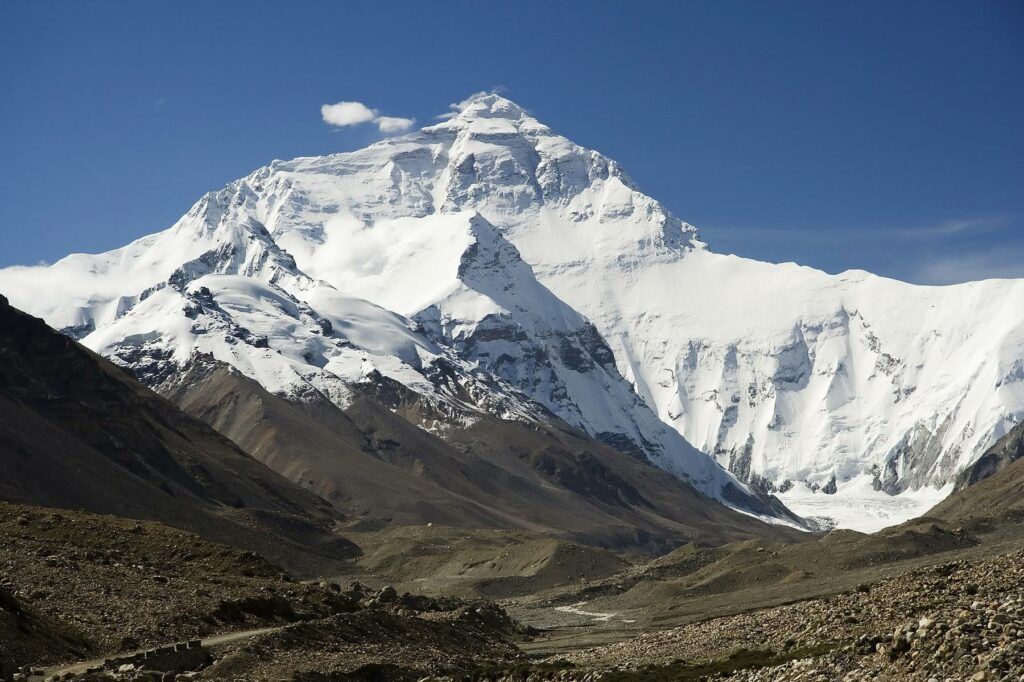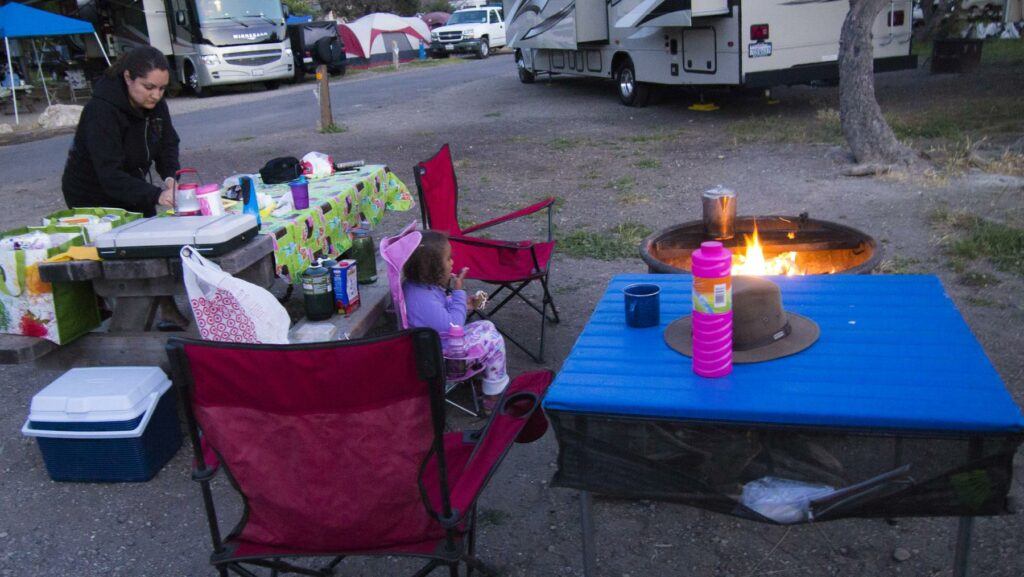The great outdoors is calling, and there’s no better way to answer than with a camping trip. But for those who are new to the experience, it can be overwhelming to know what to bring and how to prepare. Fear not, fellow adventurers! In this beginner’s guide, we’ll break down the essential camping gear that will make your trip a success. From shelter options to cooking equipment, you’ll be well-equipped for any adventure in nature. So pack your bags, grab your gear and let’s master the outdoors together.
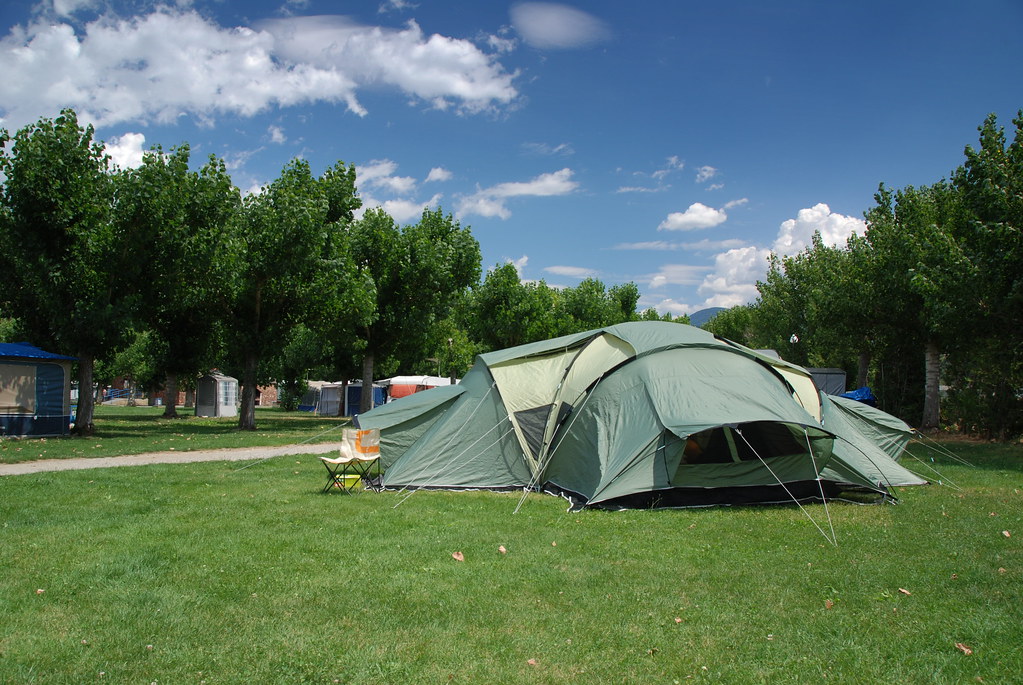
Why Camping is the Ultimate Outdoor Experience for Beginners
Beginner’s guide to camping is an excellent way to experience the great outdoors. It allows you to escape from the hustle and bustle of daily life, disconnect from technology, and connect with nature. Camping also offers a unique opportunity for beginners to challenge themselves physically and mentally while creating unforgettable memories.
Whether you prefer pitching your tent in a national park or a remote location away from civilization, camping can be tailored to fit your style. You can hike mountain trails or set up camp by a tranquil lake; it’s all up to you!
Moreover, camping provides ample opportunities for exercise, fresh air, and relaxation that promote mental wellness even after returning home. Overall camping essentials are the perfect choice for those wanting an affordable yet enriching vacation close to nature without compromising comfort!
The Essential Gear You Need for Your First Camping Trip
Beginner’s guide to camping can be overwhelming, especially when it comes to packing the right gear. But fear not, with a little research and planning, you can have everything you need for a successful camping trip. First and foremost, invest in a quality tent that is easy to set up and provides enough space for your group. A sleeping bag rated for the expected temperature is also crucial for a good night’s sleep. Don’t forget to bring a camping stove and cookware for preparing meals. A cooler with ice will keep your food fresh and drinks cold. Other essentials include a headlamp, camp chairs, and water filtration system. It’s important to pack light but also be prepared for any weather conditions by bringing appropriate clothing layers and rain gear. Remember, the key to a successful camping trip is being prepared with the right gear.
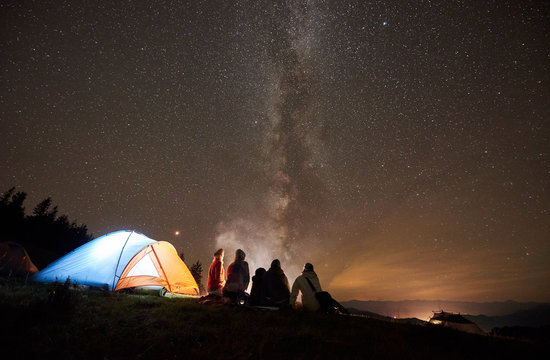
How to Choose the Perfect Campsite for Your Adventure
Choosing the Perfect Campsite
A good campsite can make or break your camping experience. When choosing a site, look for one with level ground and natural shelter from wind or rain. Proximity to water sources is important, especially if you plan on fishing or swimming. Check if there are any restrictions on where you can set up camp and what activities are allowed in the area.
If booking a campsite, consider reserving in advance to secure a spot during peak seasons. Research the weather patterns of the area before heading out, as unexpected storms could ruin your trip.
Once you’ve found your ideal site, take time to assess potential hazards such as loose rocks or branches overhead that could fall while sleeping. Be mindful of wildlife in the area and store food properly at night to avoid attracting unwanted visitors.
Overall, choose a site that fits your needs and preferences for an enjoyable outdoor experience!

Tips and Tricks for Setting Up Your Tent Like a Pro
Choosing the Right Tent for Your Needs
When it comes to camping, your tent is your home away from home. Choosing the right tent is crucial to ensure a comfortable and enjoyable trip. Consider the size of your group, the weather conditions you’ll be facing, and the type of camping you’ll be doing (car camping vs backpacking). Look for tents with easy set-up features like color-coded poles and clips. Durability is also important, so invest in a tent made with high-quality materials that can withstand wind and rain. Don’t forget to consider the weight and size of the tent for transportation purposes. With these factors in mind, you’ll be able to find the perfect tent for your needs and set it up like a pro.
Setting Up Camp: Finding the Perfect Location
Finding the perfect camping location is crucial for a successful trip. Look for a flat and level area that’s free of rocks, roots, or any other debris on the ground that could make sleeping uncomfortable. Having access to fresh water nearby is also important. Pitch your tent in an open space where there’s plenty of ventilation and natural light during the day. Make sure you’re not setting up camp too close to any hazards like rivers with fast-moving currents or rocky cliffs that are prone to landslides. By following these tips and finding the right spot to set up your tent, you’ll be able to enjoy a comfortable night’s rest in nature like a seasoned camper.
The Art of Pitching a Tent: Tips and Tricks for a Stable Structure
When it comes to setting up a tent, there are a few key techniques that can make all the difference in creating a stable and secure structure. First and foremost, always look for level ground to pitch your tent on. Make sure to clear any debris or sharp objects from the area before laying down your tarp or groundsheet.
Next, be sure to stake your tent firmly into the ground using strong pegs or anchors. This will help keep it in place during windy conditions. Finally, pay attention to proper tensioning of guy lines: too loose and they won’t support the tent; too tight and you risk damaging the poles or fabric.
With these tips in mind, you’ll be able to pitch your tent like a pro and enjoy a comfortable night’s sleep under the stars!
Staying Safe in the Great Outdoors: Essential Gear and Precautions
When camping, it’s important to prioritize safety. Make sure to bring proper lighting such as headlamps or flashlights, and first aid kits for any emergencies. It’s also important to research the area you’ll be camping in and be aware of any potential dangers such as wildlife or hazardous terrain. In addition, always let someone know your itinerary and expected return time. Lastly, make sure to follow Leave No Trace principles and properly dispose of all waste to minimize impact on the environment. By taking these precautions, you can enjoy a safe and enjoyable camping experience.
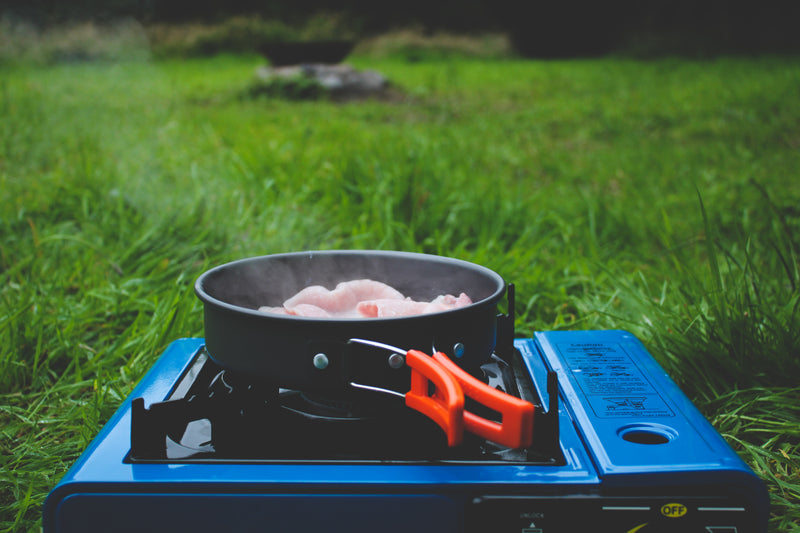
Cooking in the Great Outdoors: Easy and Delicious Meal Ideas
Campfire Classics: Traditional Meals with a Twist
Campfire classics are a must-try when camping. With a little creativity, you can put a unique twist on traditional meals. Try making breakfast burritos with scrambled eggs, bacon, and cheese wrapped in a tortilla and cooked over the fire. For lunch, make grilled cheese sandwiches with tomato soup cooked in a cast-iron skillet. For dinner, try foil packet meals with chicken, veggies, and potatoes seasoned with garlic and herbs. Don’t forget to roast marshmallows for s’mores for dessert! These easy and delicious meal ideas will keep you fueled up for all your outdoor adventures.
One-Pot Wonders: Easy and Convenient Camping Meals
Looking for easy and convenient camping meals that won’t require a lot of prep work or cleanup? One-pot wonders are the way to go! These meals are perfect for camping because they only require one pot or pan to cook, which means less time spent washing dishes and more time enjoying the great outdoors. Some popular one-pot camping meals include chili, pasta dishes, and stir-fry. Don’t forget to pack ingredients like canned beans, rice, and spices to add flavor to your meals. With these easy and delicious meal ideas, you’ll be able to enjoy hearty and satisfying meals while exploring the great outdoors.
Grill Master: Tips for Cooking Over an Open Flame
Cooking over an open flame is a quintessential part of the camping experience. To make the most of your outdoor cooking, start by bringing along the right tools, such as a cast iron skillet, tongs, and a spatula. Choosing the right ingredients is also important. Opt for foods that are easy to cook and won’t spoil quickly, like hot dogs, burgers, and vegetables. Don’t forget to bring along some seasonings and condiments to add flavor to your meals. When cooking over an open flame, be patient and keep a close eye on your food to prevent burning. With these tips, you’ll be a grill master in no time!
Snack Attack: Quick and Tasty Treats for the Trail
When you’re out in the wilderness, hiking and exploring all day, hunger can strike at any moment. That’s why it’s important to pack some quick and easy snacks that will keep you fueled up for your next adventure. Trail mix is a classic snack that combines nuts, seeds, dried fruit, and sometimes chocolate or other sweets for a satisfying crunch of protein and carbs. Another great option is energy bars, which come in all kinds of flavors and can be packed with nutrients like oats, nuts, and chia seeds. For something a bit more indulgent, consider packing some beef jerky or cheese sticks for a savory treat on the go.
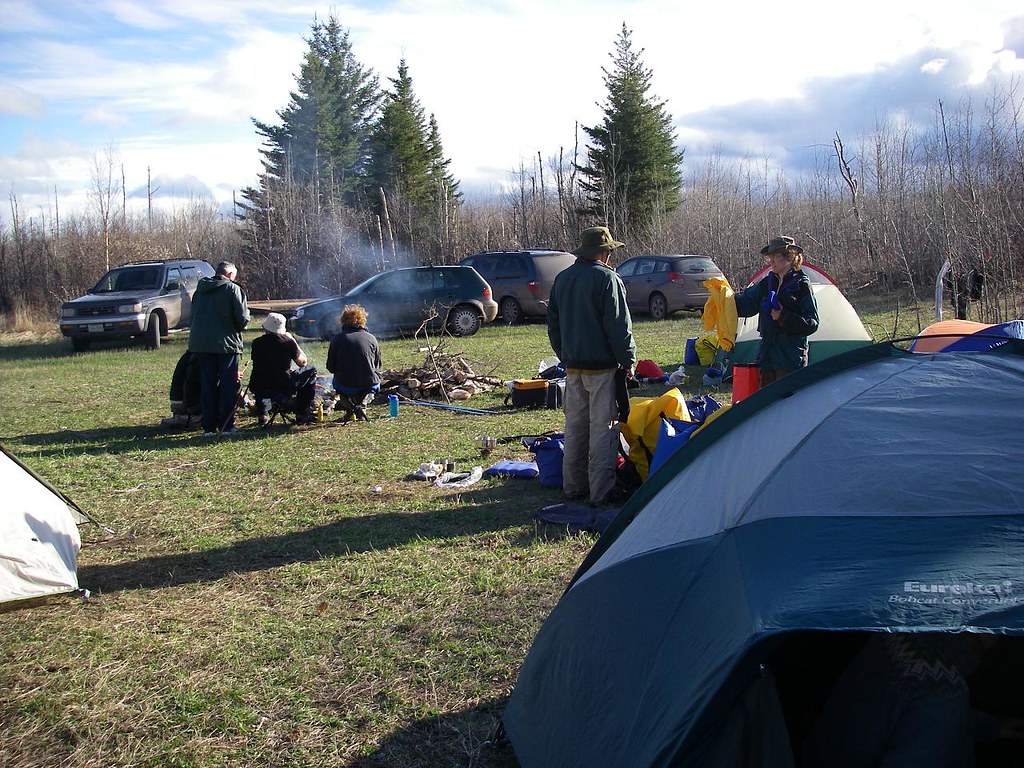
Staying Safe and Comfortable: A Guide to Sleeping Under the Stars
Fun Activities to make your Camping Trip Unforgettable
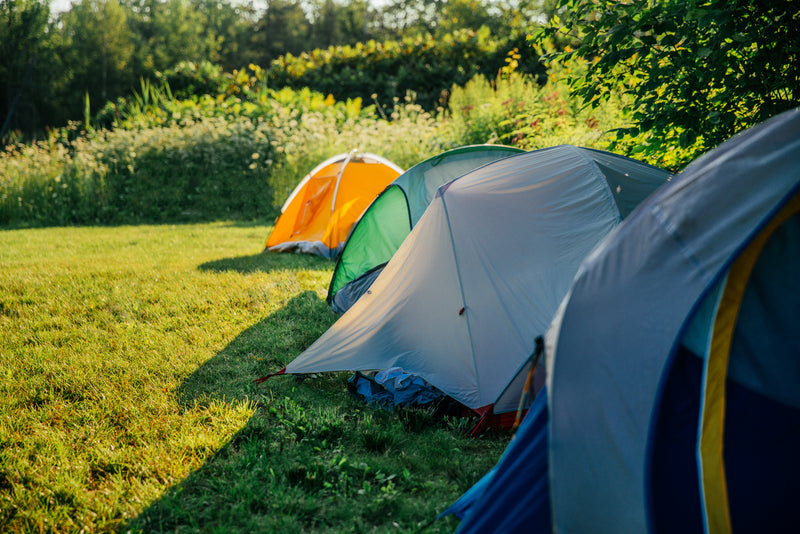
Fun Activities to Make Your Camping Trip Unforgettable
Fun activities are a crucial aspect of any camping trip. Explore the wilderness around you with hiking and nature walks, where you can discover new plants, animals, and breathtaking views. Bring along some board games or cards to play during downtime or on a rainy day. For a more active adventure, try fishing, kayaking, or canoeing if there’s water nearby.
Don’t forget about campfire activities! Roasting marshmallows for s’mores is a classic crowd-pleaser that everyone can enjoy. You can also tell ghost stories while gathered around the fire pit. If stargazing interests you, bring along a telescope to explore the cosmos at night.
Finally, consider bringing some books to read or even starting an outdoor book club with your fellow campers. Remember that disconnecting from technology is one of the best parts of camping; embrace it!
In conclusion, camping is a rewarding and exciting experience for beginners looking to explore the great outdoors. By following this guide, you can confidently plan and execute your first camping trip with ease. Remember to pack all the essential gear, choose a suitable campsite, set up your tent correctly and safely, enjoy delicious meals over an open fire or propane stove, stay comfortable while sleeping under the stars and have fun with outdoor activities. If you found this article helpful, be sure to check out our other content on camping and other outdoor activities. Happy adventuring!
FAQ
Who should read a beginner’s guide to camping?
Anyone who wants to start camping, but doesn’t know where to begin.
What are the basics of camping for beginners?
Choosing the right gear, finding a good campsite, and learning basic survival skills.
How do I choose the right camping gear for beginners?
Look for lightweight, durable equipment that fits your needs and budget.
What if I’m not very outdoorsy or athletic?
Camping can be adapted to any fitness level or interest, and there are plenty of beginner-friendly activities.
How can I stay safe while camping as a beginner?
Learn basic first aid and wilderness safety, and always follow park rules and regulations.
What if I don’t like camping after trying it?
Give it a fair chance, but don’t feel obligated to continue if it’s not your thing.

